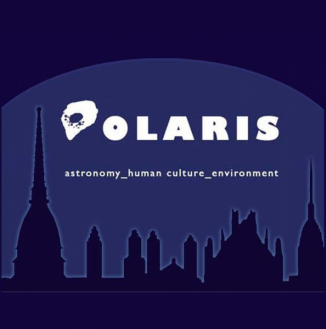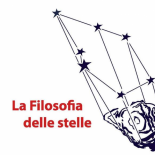Archeoastronomy, Art, Agriculture, Food, Architecture and Environment are the indicators of cultural change on which to draw Polarisperthe Leitmotif of his initiatives.
In these ambits, accessible to all, it is the name of culture, understood as a container available to the company for promotes dialogue between the knowledges.
Each historical period selects interconnections with which builds the cultural scenery that deems appropriate.
For Polaris the guiding principles of all human activity must respond to an existing situation that call to take care of the planet and its people, safeguarding the natural environment and food production.
The Shares of POLARIS are therefore cultural:
- Conferences,
- University and school courses,
- Books,
- Exhibitions,
- Excursions and tours,
- Video,
- Entertainment and cultural events,
- Business landscape, architectural, artistic, culinary, astronomy, wildlife adapted to the purposes of Polaris.
The cultural practices of Polaris are oriented to the development of the redevelopment activities of territory.
The cultural practices are presented as tools designed to encourage citizens, professionals, businesses, government and private,and all other persons engaged in the design of services and goods to the community, to bring real contributions for construction of the quality of life through their work.
Point of view:
Polaris shares some general points of view, aiming to clarify the actions and instruments of cultural communication implemented by the project.
The Earth like all the stars and planets of the solar system, is an element of the galactic system, balanced by physical laws and relationships which also underlies our world.
Th e Agriculture and Architecture inspired by the knowledge of nature and study of the influence of the stars, are the true activities that are the basis of the principles for maintaining and healing the planet.
Local Communities must control their rural areas and prevent that initiat ives of other industries or activities compromising, threaten the environmental sustainability and agricultural vocation of the territories for carelessly, destroying the ecosystem balance and people's autonomy.
Feeding is the great problem of the planet, every person of culture or with social responsibility has a moral duty to teach to love his earth and its fruits, even cultural ones, to all citizens and in all institution of practical teaching or cultural.
This defense of the planet and nature is the principle for establish universal brotherhood among peoples.
Each local economy can decide to be dependent on the strategic choices imposed by the large commercial systems (energy, food,utilities ..) or determine it s degree of involvement in globalization.
In the decision to use local resources sharing with citizens a quality of life different from that proposed by the media of communication, it is read and it is qualify the values of local governments in the definition of future scenarios of the territory.
The Architecture, the city, the transformation of the territory are born from the cosmological systems to adjust the time of society and follow seasonal rhythms of agricultural.
The guidelines and the movements of the stars are crucial for building territories, cities, buildings, and without this knowledge, as written by Vitruvius in his treatise "De Architectura, Book IX," you can’t build a good architecture.
For rehabilitate or designing city, monuments, territory, activities, incite the sense of belonging to social communities of itsterritory, it means reconsidering the agricultural landscape, left out by the philosophy of modern consumption and of contemporary city.
The schools of architecture and landscape must rediscover the real goals of the architectural work rethinking to the methods andconstructive technologies in a critic way.
The green spaces aren't an urban decor but a feature inherent to city’s idea.
Businessmen, in construction and production of construction materials, will must rediscover the importance of ethics in the design and manufacture of the goods and commit to design systems, according to the objectives of sustainable building.
It can't talk about energy sust ainability and quality of life if it not take to model an another process of land development,nolonger set on the energy of oil, but on natural energies.
The transports of the last century aren't suited to the new contextualization required by humanity waiting to move into a "new planet".
The city is the meeting place of cultures and arts, but also of biodiversity: respect it.


